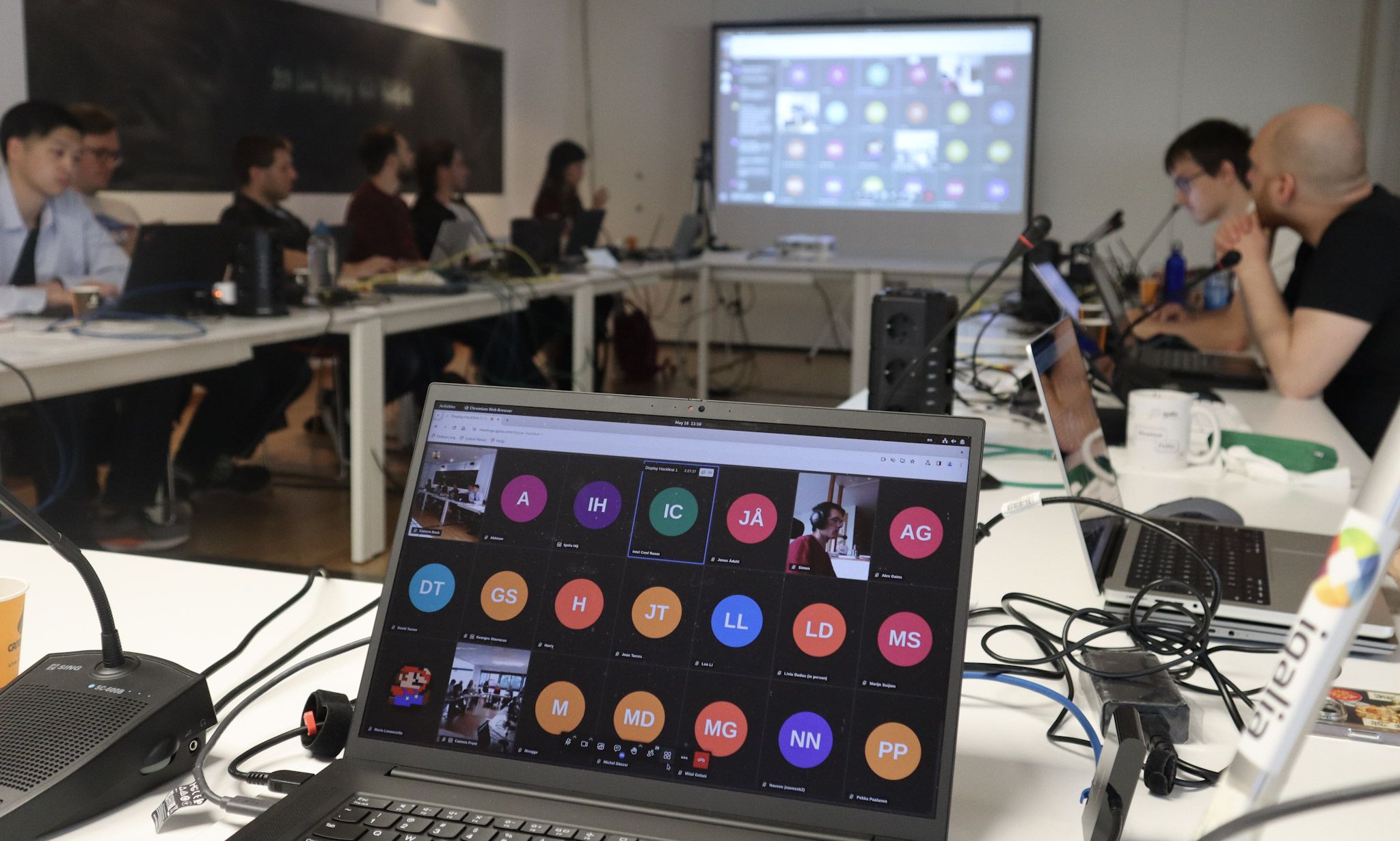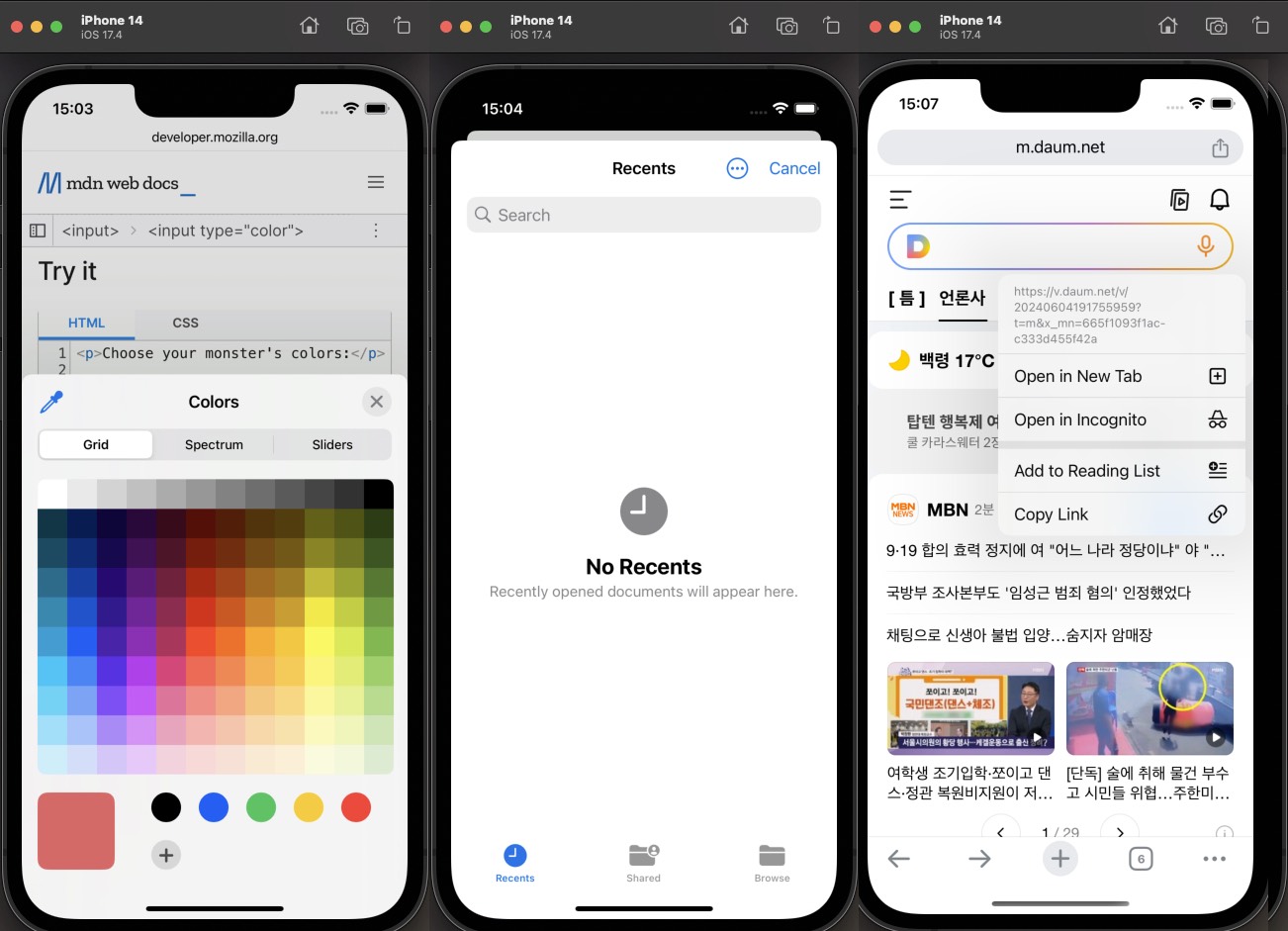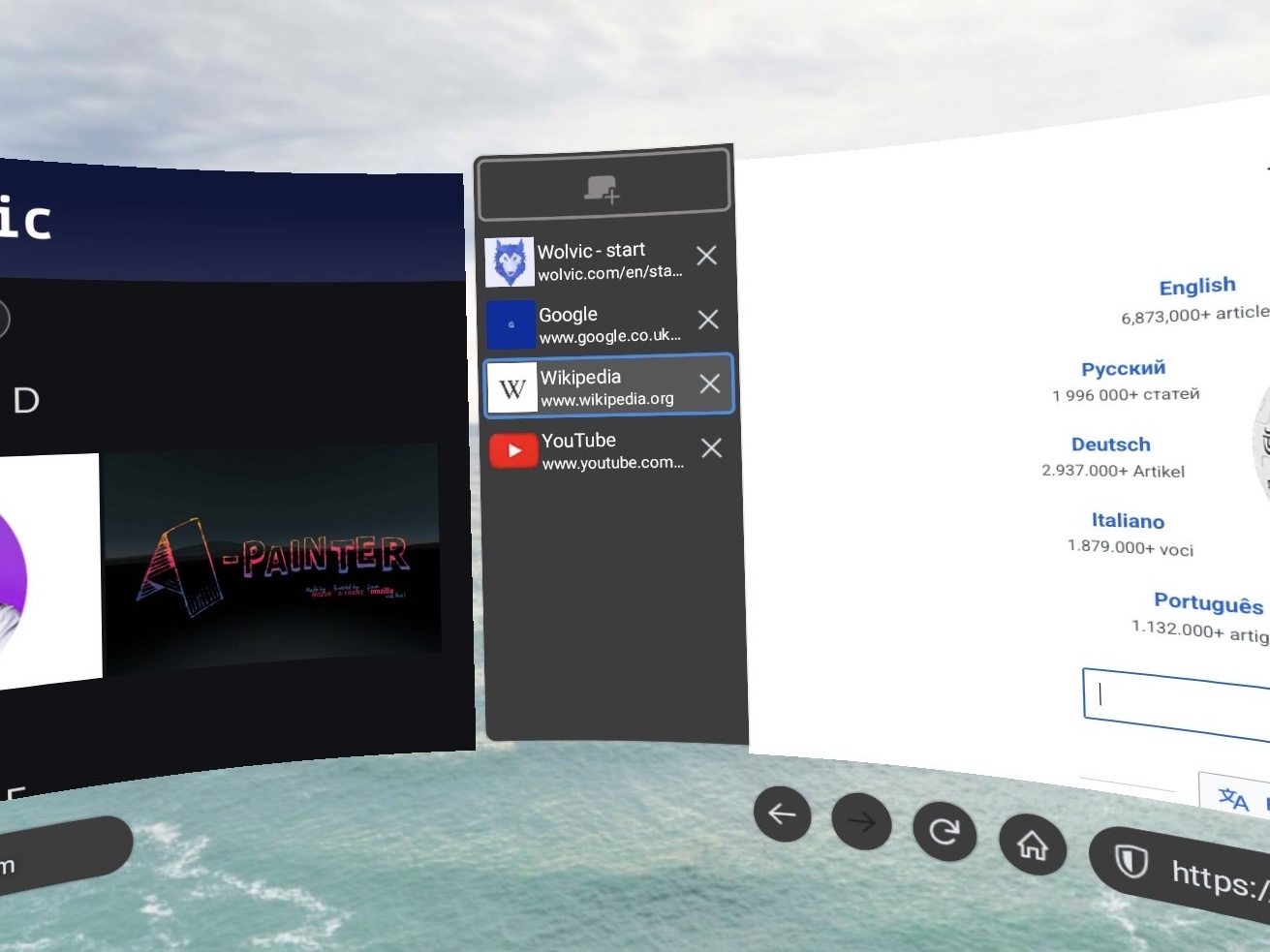Igalia Year in Review 2024
It was a big year for Igalia, with measured but steady growth of our cooperative (see our list of open positions if you’re interested in joining!) and continued diversification of our client roster. We mostly kept our place as the top outside contributor to various browsers, pushed a wide array of specifications and test suites forward, and brought improvements across a multitude of platforms and devices.
2024 was also a year of recognition for two specific Igalians: Tim Chevalier received an ACM SIGPLAN Programming Languages Award as someone who “has had a significant impact on programming language research, implementations, and tools” for his work on Rust, and Alex Bradbury was given a RISC-V International Board of Directors Software Contributor Award.
Compilers
Our Compilers Team put in a lot of coding work in 2024, but also did a lot of work to move important standards forward. We brought import attributes and Intl.DurationFormat up to stage 4, moved ShadowRealms to stage 2.7, and made significant headway on the Temporal API. This speaks to one of our core competencies: standards work and the drive for interoperability.
A lot of our work went into Node.js, including but not limited to snapshot support, startup speedups, and shipping require(esm). A good deal of energy went into LLVM on RISC-V, and in the Unicode realm, we implemented MessageFormat 2.0. We also participated in the FEX-Emu project for the first time this year; Paulo Matos wrote a detailed look into it for his blog. And finally, members of the Compilers team attended more than 20 conferences over the year, delivering talks at most of them.
Multimedia & Graphics
We continued doing important work with graphics and multimedia, including progress on WebRTC support, GStreamer and the GStreamer Editing Services, Vulkan Video, and more. You can read (and watch!) more about it in the Multimedia Team’s review of their 2024 achievements. Specific milestones for the year included shipping GStreamer 1.24, advancement of the Vulkan conformance test suite and specification, and work on OpenGL extensions.
In other work, major improvements were made to graphics performance on Raspberry Pi with added support for “Super Pages” and introducing CPU jobs to the GPU. A lot of color management work and other improvements, like better debug logging and EDID handling, went into the Linux kernel and display drivers for AMDGPU. Similarly, we upgraded the open source Turnip driver to bring it closer to parity with proprietary drivers. For more details, see Lucas Fryzek’s post exploring all this and more.
In addition to giving almost 20 talks around the world on this work (and more), we also hosted the 2024 Linux Display Next Hackfest in A Coruña, which brought together expert developers from all over the world to work on topics like color management, power management, and performance. Event organizer Melissa Wen wrote up a very nice look back after the event, which you can read on her blog.

Web Platform
As ever, Igalia did a lot of work in one of our core areas of competency: browser engines. Our work here included (but was in no way limited to!) projects like using Blink in Chrome for iOS, improved sandboxing around the Chromium Embedded Framework (CEF) and CEFsharp, better SVG support, MathML work, and a great deal more, including a number of conference talks diving into the details of our work. Igalians landed a total of 1,262 commits to the Chromium codebase; 495 to Gecko; and 2,006 to WebKit, many of them around our official embedded-device ports of WebKit.

One of our big browser-related projects was Acacia, a prototype for testing browser accessibility APIs in the Web Platform Test suite, which involved consensus building in the ARIA working group and the browser testing and tools group of the W3C. This work was done with the support of the Sovereign Tech Fund, which recognized the need for more robust accessibility testing of browser code before it ships to the public.
We also shipped a new service for keeping up with browser support, BCD Watch, which delivers weekly reports on changes to the Browser Compatibility Data repository. It’s a quick and compact way to know what web features are being added to (or, more rarely, removed from) browser engines.
Servo
Servo is the continuation of the browser engine first created by Mozilla, now under the stewardship of the Linux Foundation Europe. We’ve been hard at work making it more and more capable. In 2024 we added things like tabbed browsing, support for CSS flexbox and WOFF2 fonts, better WebGPU support, gamepad support, color emoji, and a whole lot more! We made 679 commits to Servo in 2024, and expect that many or more in 2025.
You can get more details from the various “this month in Servo” posts on the Servo blog, and if you want to get involved, become a contributor or a supporter (or both!) today.
Wolvic
Even as new immersive devices come to market, a big chunk of user time is spent on the web. Meta, for example, says half or more of its users spend time on the web. Wolvic is our web browser that’s made specifically for XR environments, and thanks to work in 2024, Wolvic now has two rendering engine choices: the original Gecko, and now Chromium. This allows us to adapt Wolvic to even more devices than we had in the past.
We also added eye-tracking navigation, which means the “cursor” when browsing the web is where you look instead of where you point. This will become even more important when users open web-based augmented-reality content, which we began adding to our Chromium release late in the year. Alongside these kinds of big steps were improvements to the user interface, added “skybox” environments for what’s outside the browser windows, and more.

Our very small team made 454 commits to Wolvic this year, and hope to match that in 2025. For more details on what we added and improved in 2024, see the post Wolvic 2024: A Year in Review and various release notes on the Wolvic blog. If you want to support open-source browsing in the XR space, become a supporter today!
Keeping Up
We mentioned talks in some of the sections above, which was only a sample of the total number of talks we gave. Most of them are freely available on our YouTube channel, which is the place to subscribe to keep up to date with what we’re sharing with audiences around the world. And if you’re in the subscribing mood, we have social media accounts on Mastodon and Bluesky, as well as RSS feeds for our news posts and our Igalia Chats podcast (which you can also follow on Apple Podcasts, Spotify, and YouTube).
No overview can touch on everything that happened in a year, of course, but this should give a sense of the depth and breadth of our work and expertise. If you have a project we could help with, please let us know! And from all of us to all of you, we hope for a great 2025 and beyond.

